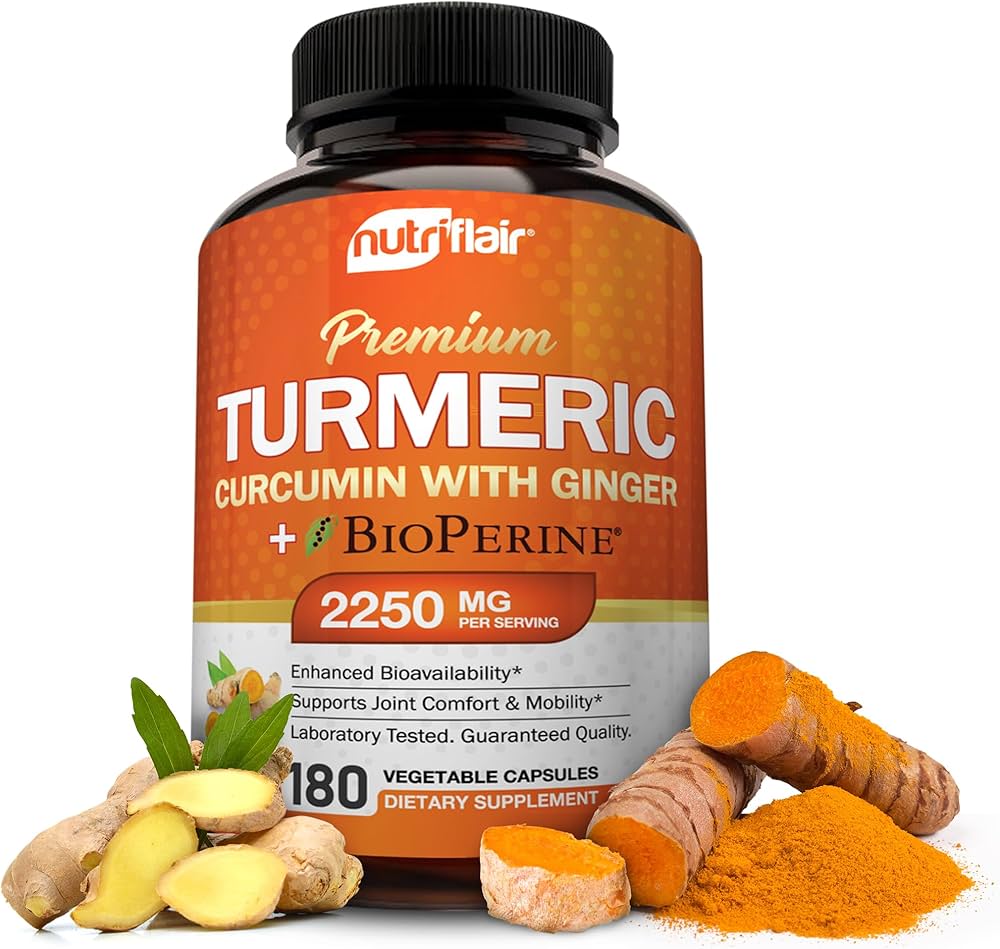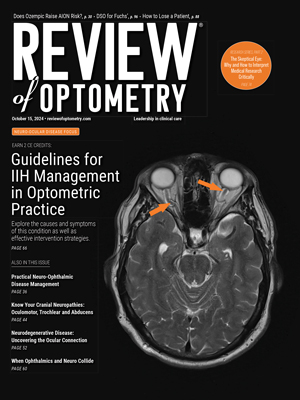 |
|
Curcuma-containing supplements are thought to work through inhibition of the classical and alternate pathway on complement inhibition. Click image to enlarge. |
JAMA Ophthalmology has published exciting research about a possible way to prevent age-related macular degeneration (AMD). The plant Curcuma longa, from which the spice turmeric derives, is sometimes used as a remedy for various ailments throughout South Asia. Over-the-counter dietary supplements that contain curcuma have been touted as a way to combat numerous age-related diseases due to its natural anti-inflammatory and antioxidant agents. Recently, researchers investigated curcuma-based nutritional supplements (CBNS) to see if these properties may have any association with risk of development or progression of AMD.
The study retrospectively evaluated data from 2003 to 2024. Of the total 66,804 patients noted in their EHRs to routinely take the supplements in question, mean age was 64.9 and the cohort was 66.1% female; of the 1,809,440 individuals with no history of curcuma supplement use, mean age was 67.0 and the cohort was 55.2% female.
The researchers found that among patients aged 50 and up without AMD history, supplement use was associated with lower rates of developing nonexudative AMD, with a relative risk (RR) of 0.23, as well as geographic atrophy (RR 0.11), wet AMD (RR 0.28), blindness (RR 0.46) and requiring intravitreal anti-VEGF therapy (RR 0.15) when compared with age- and sex-matched patients with no history of use. Of patients who already had early nonexudative AMD, subsequent use of the supplements was associated with lower rates of developing advanced dry AMD or geographic atrophy (RR 0.58) when compared with matched patients with early nonexudative AMD without CBNS record.
The authors of the study note in their paper that these findings persisted even after adjustment for covariates and across age groups, “suggesting that CBNS may protect from the development and progression of AMD,” as they put it.1
They are hopeful that this investigation’s findings will help aid our understanding of AMD in the future, explaining that “this study complements previous findings that supplements with biochemical properties like CBNS may affect ocular outcomes of patients with and without pre-existing AMD and provides hypotheses for potential future randomized controlled trials” to further explore their potential clinical performance.1
However, an invited commentary also published by JAMA Ophthalmology points out a potential issue with the nature of the study. Before getting into the reasoning, the author points out that the magnitude of the effect of supplement use (RR 0.23) is about as equal as the protective factor of not smoking (RR 0.26).
Then, the conversation in the commentary turns toward potential biases, as the protective association seen with the supplement may be in part due to the population taking them. As explained, vitamin supplementation is prone to the healthy user effect because these are not typically covered by insurance. Consequently, those who take supplements (even relatively inexpensive ones) have enough disposable income to buy supplements—but with that spending power, they can also pay many expenses contributing to a healthier lifestyle. Secondly, those willing to invest in supplements are often more motivated to partake in activities promoting health.
Despite this critique, the commentator does add that “even if the healthy user effect affected outcomes,” the magnitude of the effect was such that “a true reduction in the risk of AMD progression may still have occurred.”2
| Click here for journal source. |
1. Alsoudi AF, Wai KM, Koo E, Mruthyunjaya P, Rahimy E. Curcuma-based nutritional supplements and risk of age-related macular degeneration. JAMA Ophthalmol. October 24, 2024. [Epub ahead of print]. 2. VanderBeek BL. Separating supplement effects from the patients who use them. JAMA Ophthalmol. October 24, 2024. [Epub ahead of print]. |

